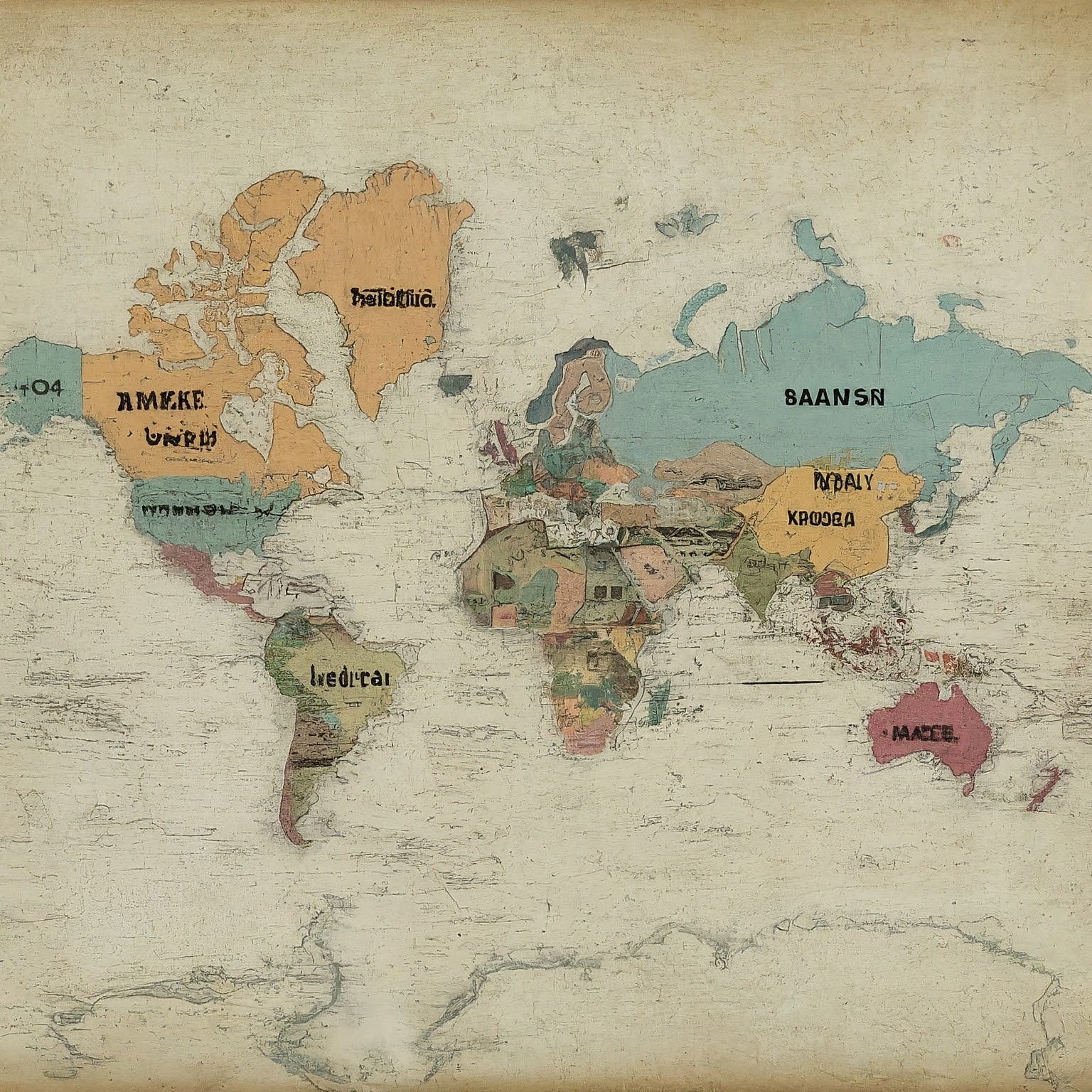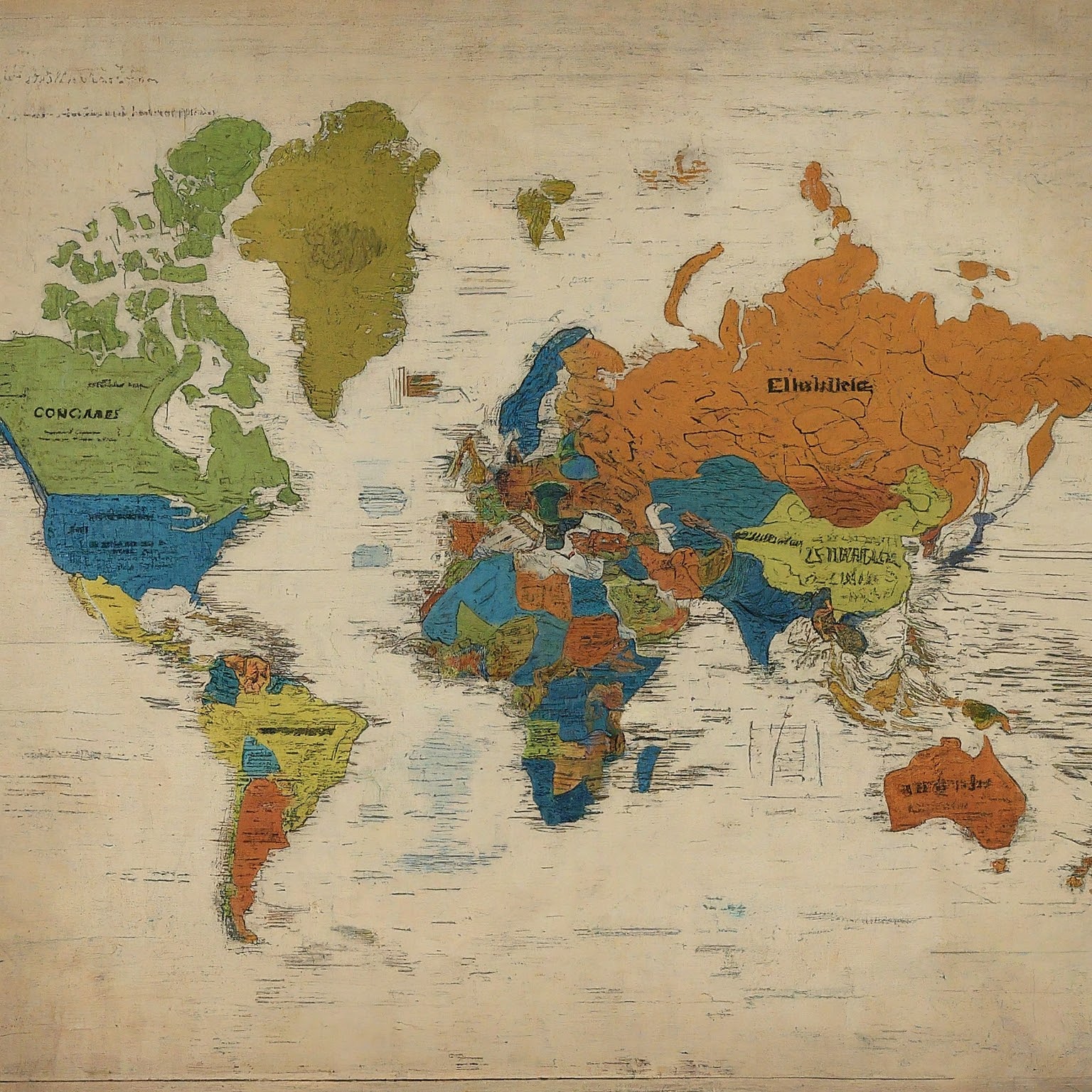In our increasingly interconnected world, country codes have become essential identifiers for international communication. Whether you’re making a phone call, sending a text message, or simply locating someone on a map, country codes play a crucial role in connecting people across borders. This article will delve into the world of country codes, exploring their purpose, structure, and how they are used in various communication channels.

What is a Country Code?
A country code is a unique identifier assigned to a specific country or territory. It consists of one, two, or three digits and is used to distinguish between different countries in international communication systems. Country codes are standardized by the International Telecommunication Union (ITU).
The Structure of a Country Code
While most country codes consist of two digits, there are exceptions. For example, the United States and Canada share the country code 1, while some countries have three-digit country codes. The specific structure of a country code is determined by the ITU.
How Country Codes Are Used
Country codes are employed in various communication systems, including:
- Telephone numbers: The country code is the first part of an international telephone number, followed by the area code and local number. For instance, to call the United States from another country, you would dial the country code 1, followed by the area code and phone number.
- Mobile phone numbers: Similar to telephone numbers, mobile phone numbers begin with the country code. However, mobile phone number formats can vary between countries.
- Internet addresses: While not directly part of the domain name, country codes are often associated with country-code top-level domains (ccTLDs), such as .com, .net, .uk, and .fr. These ccTLDs can provide clues about the geographic origin of a website.
The Importance of Country Codes in Global Communication
Country codes are indispensable for facilitating global communication. They enable efficient routing of calls and messages, prevent dialing errors, and contribute to the seamless integration of international communication networks. Without country codes, international communication would be significantly more complex and challenging.
Challenges and Future Developments
Despite their importance, country codes are not without challenges. As technology evolves and the number of mobile devices increases, there is a growing demand for more efficient and flexible numbering systems. Additionally, the allocation of country codes to new countries or territories can be a complex process.
To address these challenges, the ITU and other international organizations are continually working on developing new numbering plans and strategies. These efforts aim to ensure that country codes remain relevant and effective in the face of changing technological landscapes.

Conclusion
Country codes are fundamental to international communication, providing a standardized way to connect people and businesses across the globe. Understanding the concept of country codes is essential for anyone involved in global operations or communication. As technology continues to advance, the role of country codes will likely evolve, but their importance as a core component of international connectivity is undeniable.


